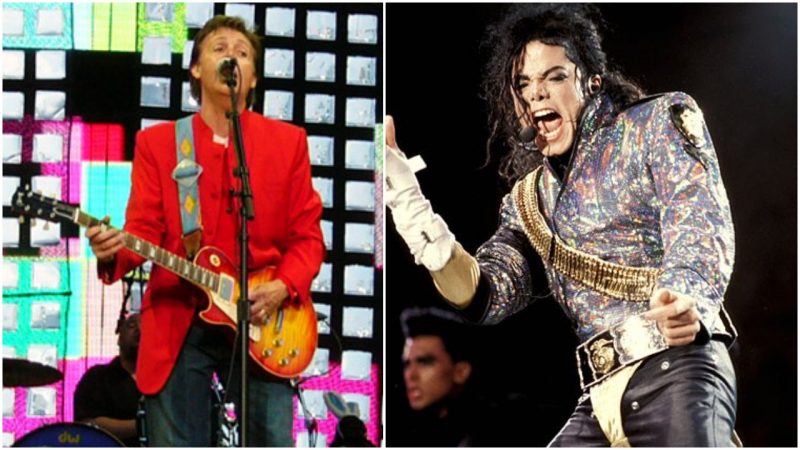“Michael, we’re not gonna fight about this okay?”
“Paul, I think I told you, I’m a lover, not a fighter.”
“She told me that I’m her forever lover,” said Paul “You know, don’t you remember?”
“Well, after loving me,“ Michael answered, “she said she couldn’t love another.”
“Is that what she said?”
“Yes, she said it, you keep dreaming.”
This playful exchange happened between former Beatle Paul McCartney and Michael Jackson during the 1982 hit music video “The Girl is Mine.” The video featured a make-believe rivalry between the two pop stars over the affections of a young lady.
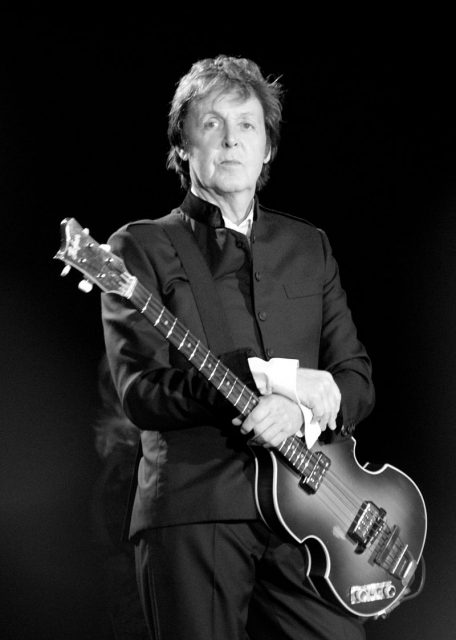
Three years later, McCartney and Jackson would lock horns in a real-world battle, but not over a girl.
According to Billboard Magazine, the conflict started in 1985, when Jackson paid nearly $50 million to ATV Music (now called “Sony Music”) to purchase a 4,000-song catalog.
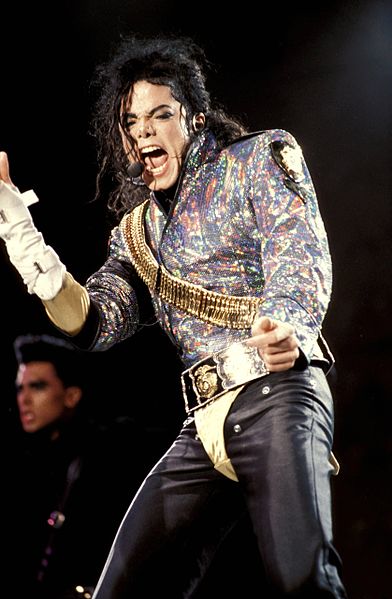
The catalog contained 250 songs by the John Lennon/Paul McCartney songwriting duo. It also included tracks by Elvis Presley, the Rolling Stones, and Bruce Springsteen.
Paul McCartney was not happy about having his own songs purchased out from under him by another artist. To add more insult to injury, Jackson had actually outbid McCartney on the deal.
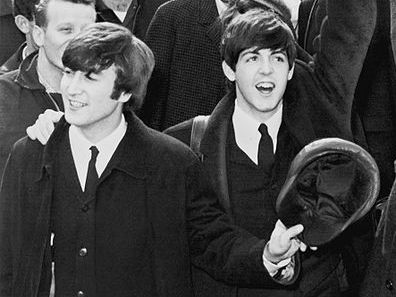
The fact that McCartney and Jackson were friends and had recorded multiple songs together – including: “Say, Say, Say,” “The Girl is Mine,” “The Man” and “Girlfriend,” – surely made the deal more of a betrayal. Their friendship never recovered.
But how did Paul McCartney, one of the most famous pop songwriters of the 20th century, end up in a position where another artist could buy the rights to his songs?
When The Beatles’ debut album “Please Please Me” was released in March 1963 their manager, Brian Epstein, published the songs with the company Northern Songs.
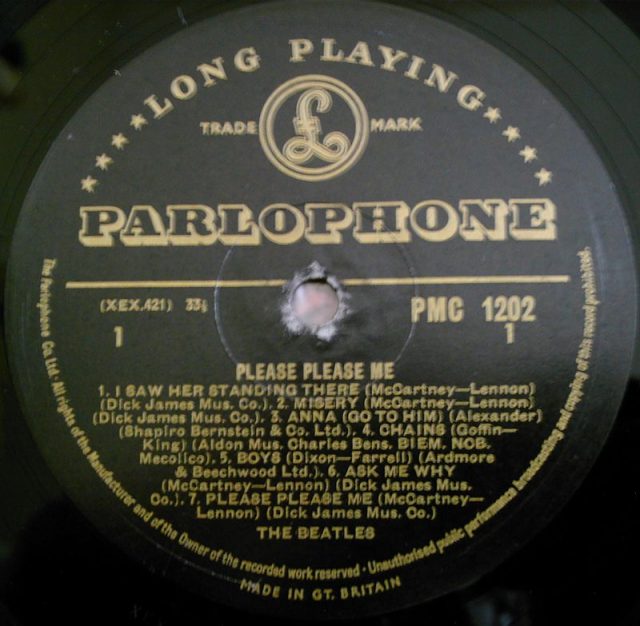
The company was primarily owned by Epstein himself and by publisher Dick James, along with John Lennon and Paul McCartney. George Harrison and Ringo Starr – the other two Beatles songwriters – split ownership of the remaining 40 percent.
Northern Songs became a public company in 1965, with Lennon and McCartney owning 15 percent each and with Harrison and Starr sharing a small percentage. Harrison was not happy about this, and even wrote a song about his meager cut in the deal.
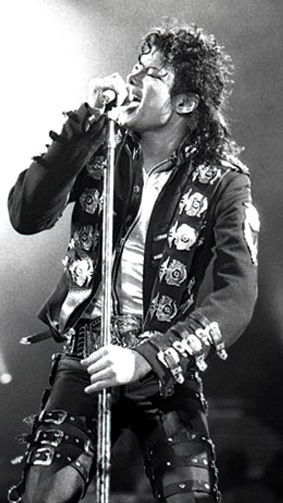
In 1969, Dick James sold his stake in the company to ATV Music. John Lennon and Paul McCartney tried to outbid ATV, but they didn’t have enough money. After ATV had taken control of the Beatles’ song catalog, Lennon and McCartney sold their company stakes to ATV as well.
So, when ATV Music went up for sale, they offered McCartney one more chance to bid on the rights to the Lennon-McCartney song catalog. This is when Michael Jackson stepped in and paid $47.5 million to become the owner of the catalog.
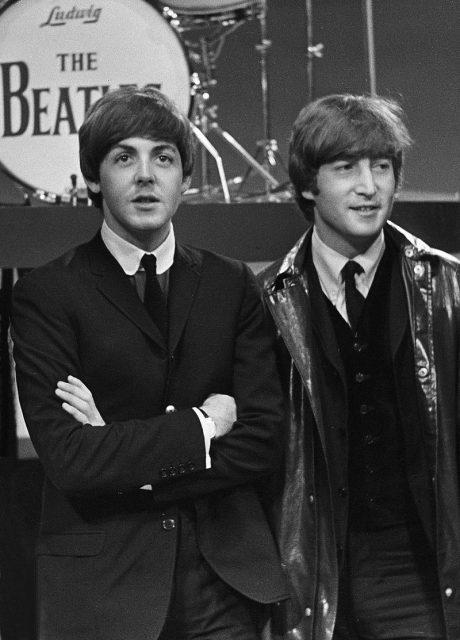
In 2006, the matter became more complicated for McCartney when Michael Jackson, faced with a potential bankruptcy, agreed to sell half of his ownership in the company back to Sony/ATV. This would give Sony 75 percent ownership of the Lennon-McCartney song catalog, which, according to The New York Times, was then worth about $1 billion.
McCartney was left with only one shot to get his songs back. According to the United States Copyright Act of 1967, any publishing rights to songs written before 1978 could be regained by their author after 56 years. Since the first Beatles songs had been written between the years of 1962 and 1963, McCartney would have to wait until 2018 before he could hope to get his songs back.

Then, in 2009, Michael Jackson died by overdosing on the anesthetic “propfol” – he was 50 at the time. Jackson’s share of the Lennon-McCartney catalog became a part of his estate, which was controlled by his attorney John Branca and by John McClain.
In 2015, McCartney began the fight to reclaim 32 Beatles songs written in 1962. In 2016 Sony finally agreed to pay $750 million to buy out the half of Sony/ATV which was owned by the Jackson Estate. This made Sony the sole owner of 750,000 songs, including the Lennon-McCartney catalog.
Read another story from us: A Hard Day’s Night (in Jail): Paul McCartney Arrested for Arson in 1960
This deal marked the official end of Jackson and McCartney’s battle – which had literally become a fight to the death. According to Billboard Magazine, Sir Paul McCartney finally regained the Beatles’ song catalog in June of 2017, just a few days before his 75th birthday.
